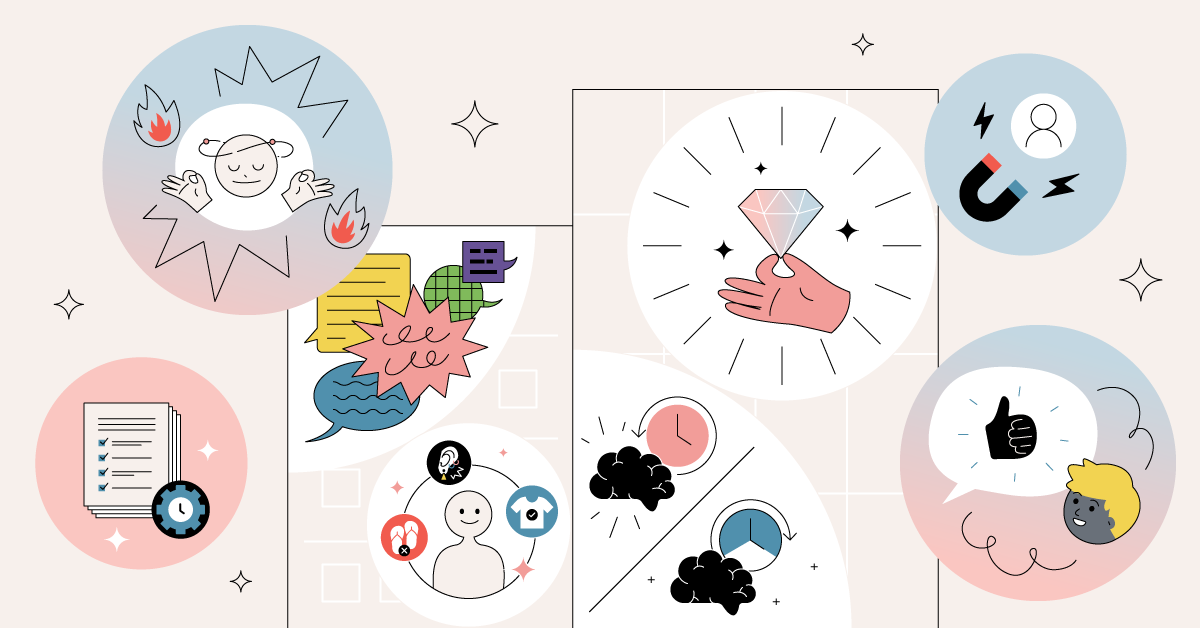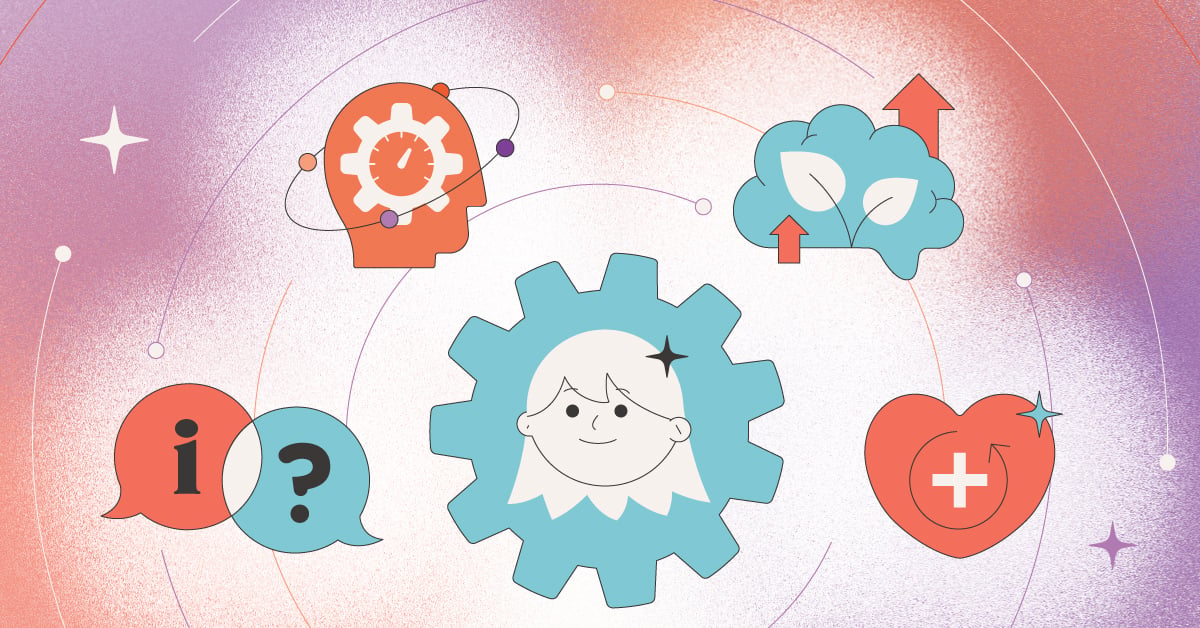
A crucial concept in the hiring process is the idea of a cultural fit. What exactly does that mean and how can recruiters understand what goes into their company culture to find that perfect job match?
What Does Cultural Fit Mean?
Cultural fit refers to the way a potential job candidate would be well-suited to join your organization based on their behavior, values, and working preferences.
Cultural fit can be viewed as an easy way to reject a job candidate without concrete evidence, but it doesn’t have to be an evasive maneuver. Use the concept of a cultural fit to evaluate your company’s culture and map out a system for progressing further and achieving higher levels of growth in the future.
What Factors Contribute To Company Culture and a Cultural Fit?
Here are the factors you need to examine when evaluating company cultures and the cultural fit of a potential candidate.
Work Ethic
The way that individuals approach work is key to their enmeshment in your business. If your organization has a ‘rise and grind’ culture that prioritizes long hours and overtime, someone with a family and kids to attend to might not be happy or well-suited to a role.
Someone with a ‘low’ work ethic isn’t necessarily a bad worker; it just depends on what motivates them. Understanding what someone cares about deeply will change the way they approach work and complete tasks, and it will let someone who isn’t necessarily motivated by accolades or the completion of work still find fulfillment in their role.
By understanding individual motivations, teams can be structured around those needs and desires. This will help create a better cultural fit.
Company Goals and Values
This is the big picture. What is your organization’s business mission? What are your organizational values? How do your mission and values align with each other?
Establishing these factors is crucial, foundational work that needs to take priority for your business. Mission and values will inform every moment of work and affect every member of your organization.
Discovering what motivates your employees will help determine cultural fit; are they going to be fulfilled by the big-picture effects of their work and the everyday experience of completing it? Are they morally opposed to your mission? Will they be able to honor their values while working for your organization?
Diversity and Identity
Most organizations will say that they prioritize diversity, but not all will back that up with demonstrable action. If workers in your organization mostly look like each other, have similar interests and values, and consume the same types of media and entertainment, your culture is likely very homogeneous.
It might not be a welcoming environment for future diverse candidates, who might feel tokenized or isolated for their ‘otherness’.
A lot of things can increase diversity. It’s not just factors like gender, race, or sexuality; it includes lived experience, education, and even differences through behavioral styles.
Finding someone with the right cultural fit doesn’t have to mean that they adhere strictly to your current culture, but if you’re looking for a personality shakeup, you need to be prepared to offer support for more diverse hires as they effect and influence the culture around them.
Personal Appearance
This might seem obvious but it is important when it comes to considering an individual’s cultural fit. As stated above, if everyone on your team looks similar and dresses in the same way, someone with a unique sense of style might struggle to fit in.
Does your organization have a strict dress code? Is business casual expected? Are employees allowed to have tattoos, piercings, or colorful hair?
The answer to these questions will vary depending on your organization’s industry and established culture, but keep in mind that new candidates and top talent might be turned off by a formal working environment.
General preferences are trending toward self-expression and freer boundaries in the workplace. Hive reports that “61% of employees are more productive when the dress code is relaxed, and 80% of people who work in an environment with a dress code responded that they don’t find them useful.”
Finding the Right Cultural Fit
Cultural fit is just one contributing factor that recruiters need to consider in the hiring process, but it’s not one to overlook. Building a company culture your organization can be proud of will help you attract like-minded talent.
Learn about an individual’s work ethic, values, identities, and personal appearance to determine cultural fit and build the team of your dreams.
Do you want help with developing your hiring process? Contact TTI SI here for more information.
Topics:
emotional intelligence




